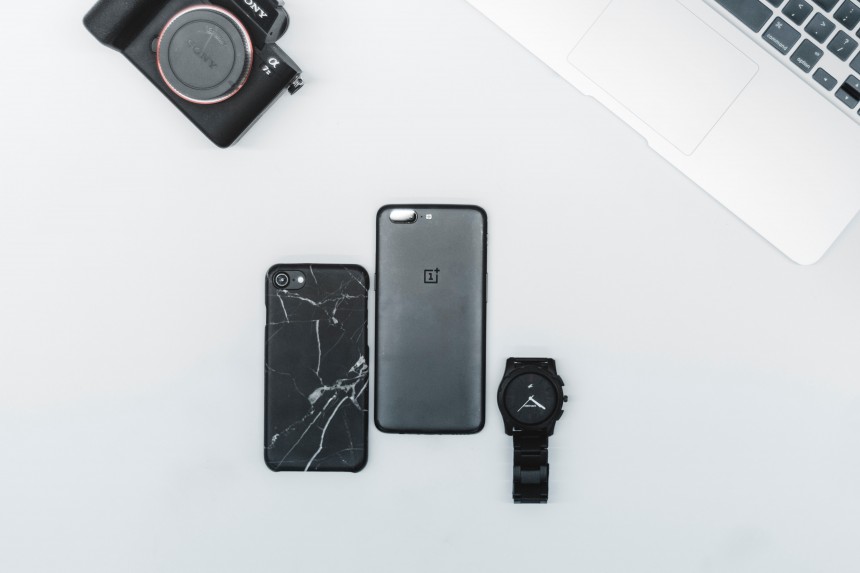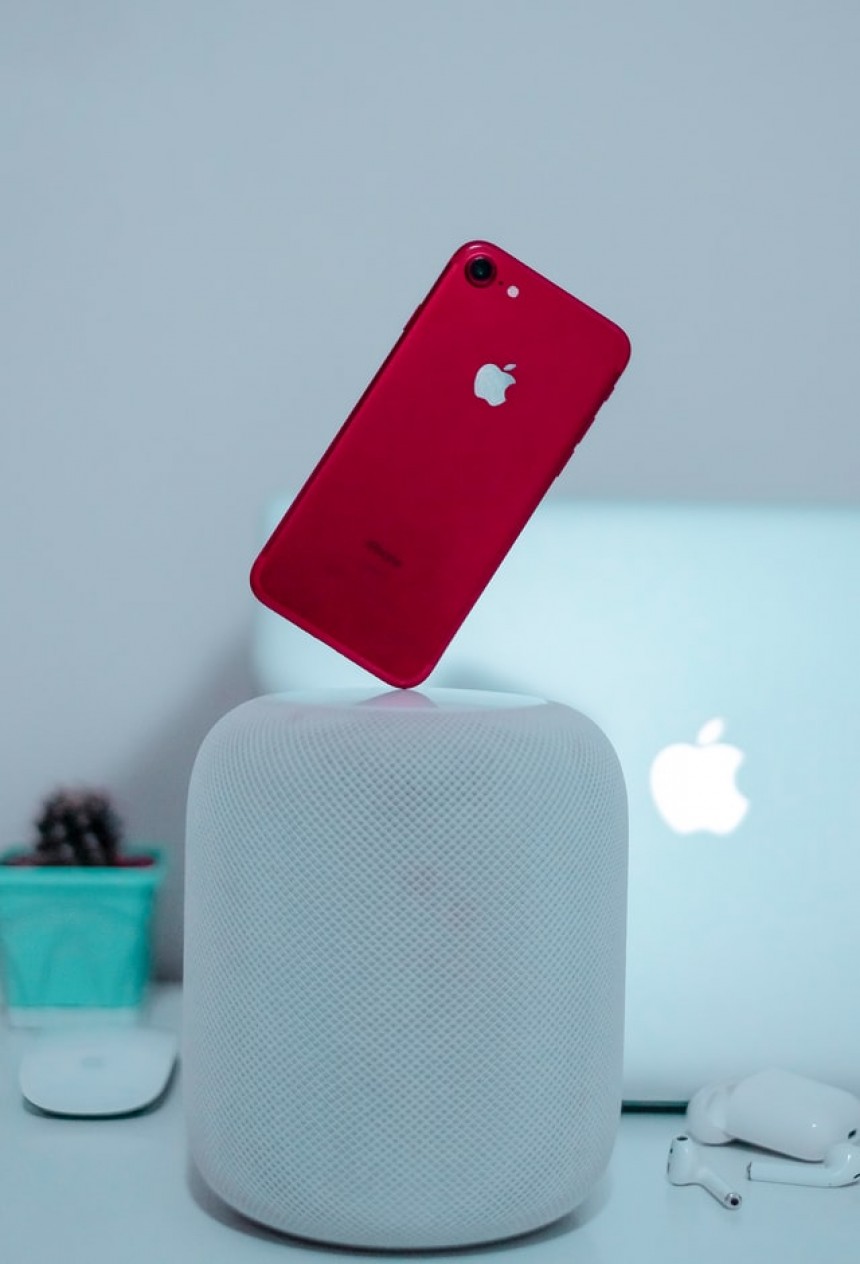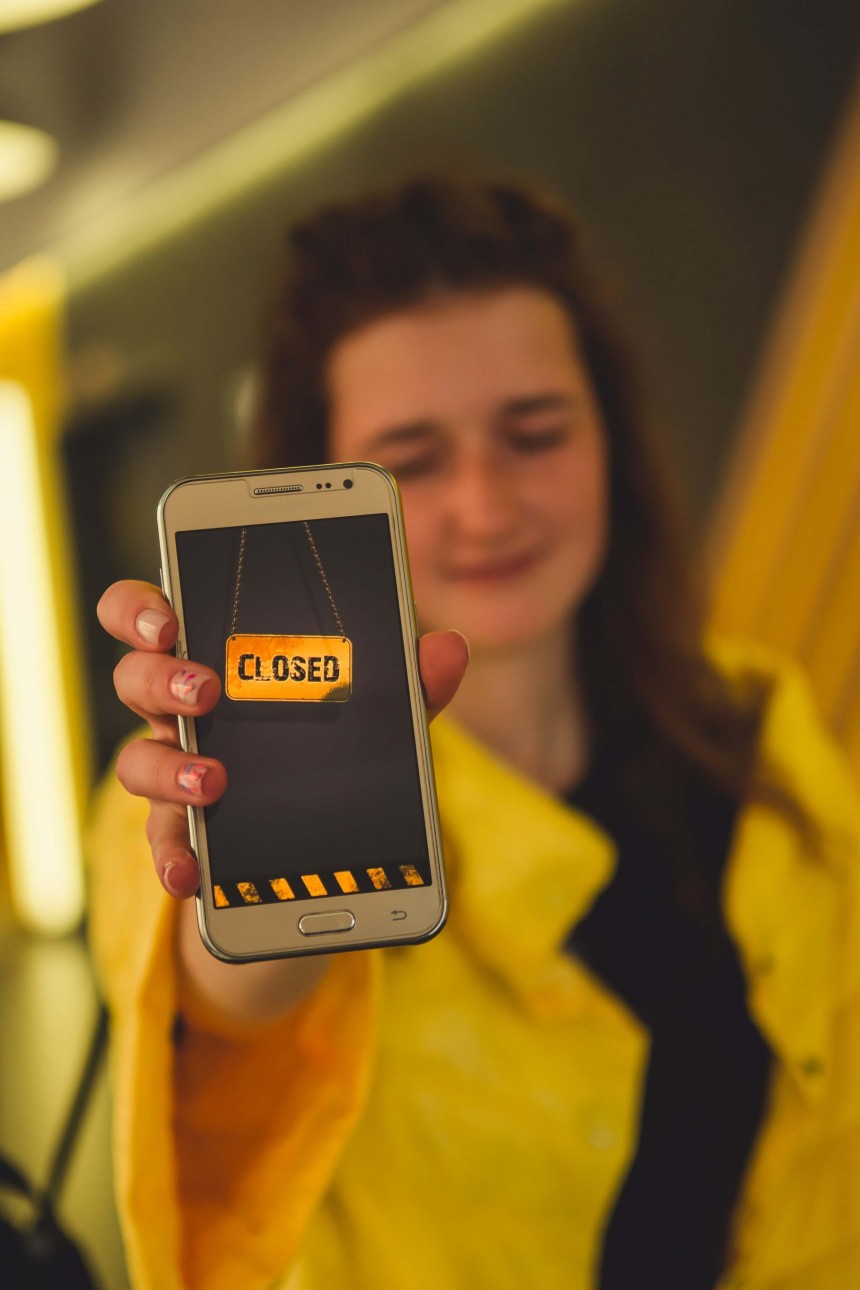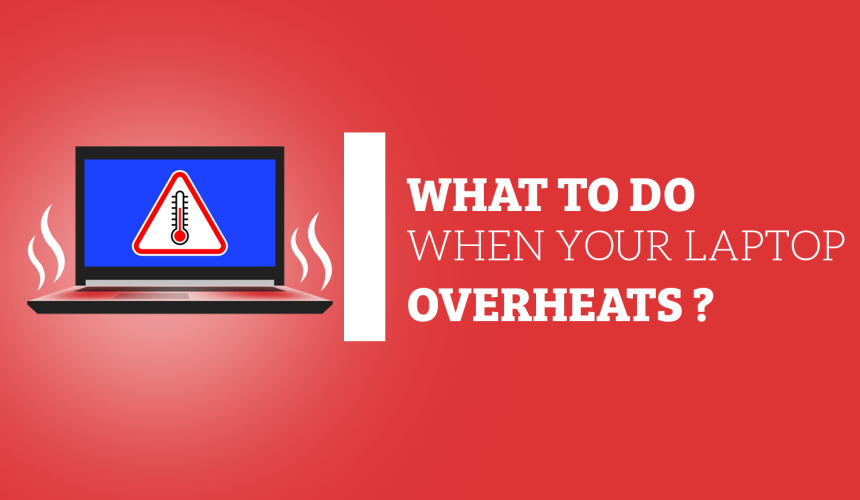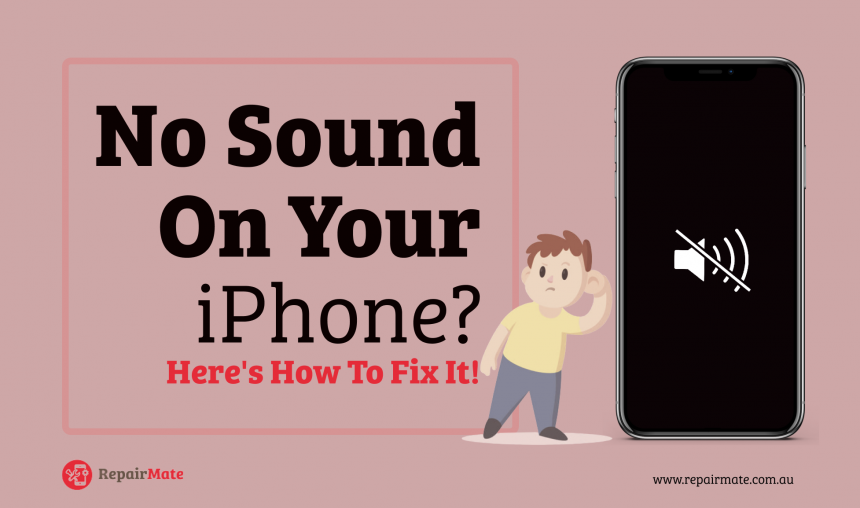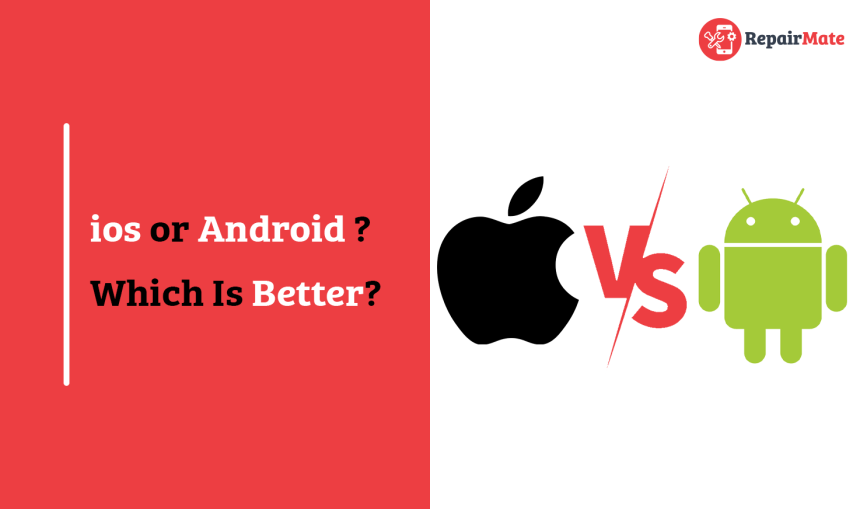
iOS VS Android. Which Is Better?
In today's tech-savvy world, smartphones have become an integral part of our lives. Among the various choices available, iOS and Android are the most prominent mobile operating systems. Each has its own unique features and advantages, making the decision between the two a significant one. In this article, we'll dive deep into the iOS vs. Android debate, examining various aspects to help you make an informed choice.
The Battle of Mobile Operating Systems
The rivalry between iOS and Android users has been ongoing for years, with both sides passionately defending their choices. To determine which is superior, let's take a closer look at various aspects of these operating systems.
User Interface And Design
One of the most noticeable differences between iOS and Android is their user interface and design. iOS boasts a sleek and minimalistic design, characterised by smooth animations and a visually appealing layout. The latest iteration, iOS 17, introduces even smoother transitions and an enhanced control center for improved user experience. On the other hand, Android 13 offers a refreshed Material You design, allowing users to personalise their devices with vibrant color schemes and dynamic theming.
App Ecosystem
Both iOS and Android have extensive app ecosystems, but they differ in certain aspects. The Apple App Store is renowned for its stringent app review process, ensuring high-quality and secure applications. iOS 17 brings improved app recommendations, making it easier for users to discover new and useful apps. Android's Google Play Store, with its massive library of apps, ensures that you'll find almost any app you need. Android 13 introduces enhanced privacy controls for app permissions, putting users in greater control of their data.
Also Read: Best Android Phones
Customisation and Personalisation
Android takes the lead when it comes to customisation. Users can tweak their devices to a greater extent, changing default apps, themes, and even the entire launcher. With Android 13's enhanced theming engine, you can create a device that truly reflects your style. iOS offers limited customisation options, prioritising a consistent user experience, but iOS 17 introduces more widget customisation possibilities and a refreshed Control Center layout.
Security and Privacy
iOS is often lauded for its robust security features and commitment to user privacy. Apple's strict control over its ecosystem minimises the risk of malware and data breaches. iOS 17 continues to strengthen privacy with features like Mail Privacy Protection, which prevents senders from knowing when an email is opened. Android, while improving in recent years, still faces some security challenges due to its open nature. Android 13 enhances security with features like the Privacy Dashboard, providing users with insights into how apps use their data.
Hardware Diversity
Android devices come in various shapes, sizes, and price ranges, offering a broader selection to cater to different user preferences and budgets. Whether you prefer a compact phone, a foldable device, or a flagship powerhouse, Android 13 has you covered. In contrast, iOS devices are exclusively manufactured by Apple, limiting options but ensuring a consistent quality standard. iOS 17 introduces the latest iPhone models, each with its unique set of features, catering to users with different needs.
Pricing and Affordability
The price point is a significant factor for many consumers. Android devices are available in a wide range of prices, making them more accessible to budget-conscious individuals. Whether you're looking for a budget-friendly option or a premium flagship, Android 13 offers a device for every budget. iOS devices tend to be more expensive, catering to those who prioritise premium quality and the latest technology. With iOS 17, Apple continues to offer a range of devices, including the more affordable iPhone SE and the top-tier iPhone 13 Pro Max.
Performance and Speed
Apple's relentless pursuit of hardware-software optimisation has set a benchmark for the industry. iOS devices consistently deliver impressive performance and faster response times. The latest iOS 17 takes advantage of the powerful Apple-designed A-series chips, ensuring smooth multitasking, quick app launches, and lag-free user experiences. This level of integration between hardware and software is a significant reason why iOS devices often feel exceptionally snappy.
In the Android camp, performance can vary widely, primarily due to the diverse range of manufacturers and hardware configurations. However, it's essential to note that many high-end Android phones, equipped with top-tier processors and ample RAM, are on par with iPhones in terms of raw power. Android 13 optimises resource management, ensuring that even mid-range devices can provide a smooth and responsive user experience.
Check Out: Why is My iPhone Charging Slowly
Voice Assistants: Siri vs. Google Assistant
Voice assistants have evolved from novelties to indispensable tools in the smartphone era. Siri, Apple's voice assistant, is deeply integrated into the iOS ecosystem. It's known for its seamless interaction with Apple's native apps and services. Siri is particularly adept at handling tasks like setting reminders, sending messages, and providing context-aware suggestions. With iOS 17, Siri gains new capabilities, including more natural-sounding voices and expanded language support.
On the other hand, Google Assistant is the powerhouse behind Android's voice capabilities. It leverages Google's vast knowledge graph to provide detailed answers to questions, making it an excellent choice for information seekers. Google Assistant can also control various smart devices, enhancing its usefulness in a connected home. Android 13 continues to refine Google Assistant, making it even more conversational and capable of handling complex tasks.
Updates and Longevity
The issue of software updates and device longevity is a critical consideration for many users. iOS devices have a reputation for receiving regular updates and enjoying a longer lifespan in terms of software support. Apple typically supports older devices with new iOS releases, ensuring that even older iPhones and iPads remain up-to-date and secure. iOS 17 continues this tradition, providing updates for devices several years old.
Android devices, on the other hand, may have shorter update cycles due to the diverse range of manufacturers and models. The longevity of software support often depends on the manufacturer's policy. Some Android devices receive regular updates for a few years, while others may be left behind after a single major update. Android 13 aims to improve this situation by encouraging manufacturers to provide at least three years of security updates and offer more extended support for flagship devices.
Also Read: What Should I Upgrade First On My MacBook Pro
Gaming Experience
Both iOS and Android offer outstanding gaming experiences, with a vast selection of games available on their respective app stores. However, iOS has traditionally held an edge when it comes to exclusive and optimised gaming titles. The iOS App Store is home to many high-quality games that are often released first on iOS. The combination of powerful hardware and developer-friendly tools makes iOS a preferred platform for game developers.
Android, though, has been steadily closing the gap in recent years. Many flagship Android devices now come with gaming-specific features like high-refresh-rate displays and advanced cooling systems. Additionally, services like Google Play Pass offer a subscription-based approach to access premium games. Android 13 introduces further gaming enhancements, such as improved touch response and support for Bluetooth controllers, making it a compelling choice for mobile gamers.
Related: Best Gaming Phones in Australia
Multitasking and Productivity
Android's multitasking capabilities have long been a selling point for users who prioritise productivity. Android devices allow for true multitasking, enabling users to run multiple apps simultaneously, split-screen multitasking, and even floating app windows. This versatility is especially valuable for users who need to switch between apps frequently or perform tasks like research and note-taking simultaneously.
While iOS has made significant improvements in multitasking over the years, it still has some catching up to do compared to Android. iOS 17 introduces features like enhanced multitasking gestures and the ability to group apps into Focus mode for improved productivity. However, Android's multitasking capabilities remain more advanced and flexible.
Integration With Other Devices
If you're already invested in the Apple ecosystem with devices like the iPad, Mac, or Apple Watch, choosing iOS can offer seamless integration and convenience. Apple's ecosystem is known for its ecosystem-wide features like Handoff, Continuity, and AirDrop, which allow for effortless sharing of content and tasks across devices. The iCloud ecosystem ensures that your data and content are readily available across all your Apple devices.
Android offers integration with various devices as well, primarily through Google services. Google Drive, Google Photos, and other cloud-based services make it easy to access your data on Android devices and the web. Additionally, Android has a range of apps that work well on both mobile and desktop environments, enhancing productivity and cross-device usability.
Market Share and Popularity
Android holds a larger market share globally, making it more popular in terms of device adoption. The platform's availability on a wide range of devices, from budget-friendly to flagship models, contributes to its dominant market presence. A larger user base often means a more extensive developer community and a wider selection of apps and services.
iOS, on the other hand, boasts a dedicated and loyal user base. Apple users tend to be fiercely loyal to the brand, often citing factors like design, security, and the seamless integration of Apple devices as reasons for their choice. While iOS may have a smaller market share, it continues to thrive in the premium smartphone market and maintains a significant presence in regions with a strong preference for Apple products.
In the iOS vs. Android debate, there's no definitive winner. The choice between the two ultimately depends on your preferences, priorities, and the ecosystem you're already a part of. Consider factors like design, customisation, security, and pricing when making your decision.
FAQs
Q. Is iOS more secure than Android?
A. iOS is often considered more secure due to its strict app review process and privacy features.
Q. Can I customise my Android device more than an iOS device?
A. Yes, Android offers greater customisation options compared to iOS.
Q. Which voice assistant is better: Siri or Google Assistant?
A. The choice between Siri and Google Assistant depends on your specific needs and preferences.
Q. Do iOS devices receive updates for a longer time than Android devices?
A. Generally, iOS devices receive updates and support for a longer duration compared to Android devices.
Q. Why is Android more popular in terms of market share?
A. Android's popularity can be attributed to its availability on a wide range of devices and price points.

